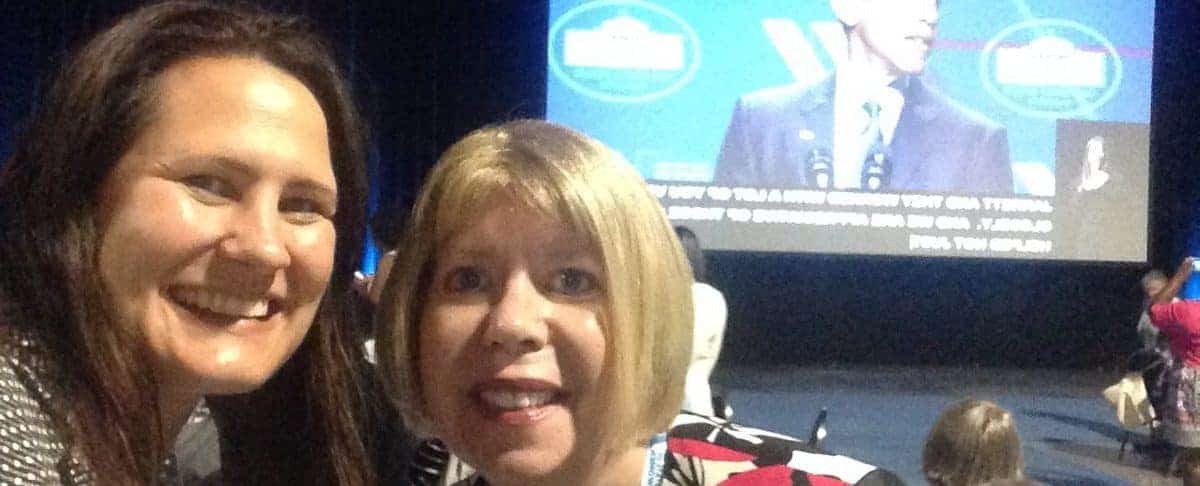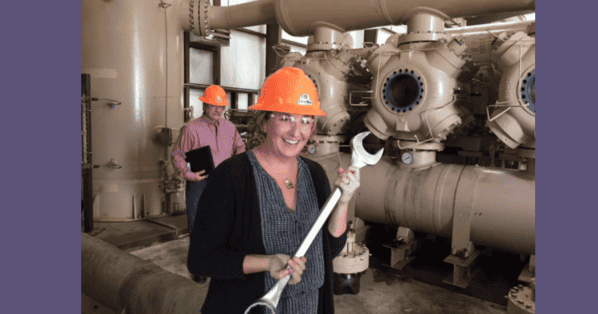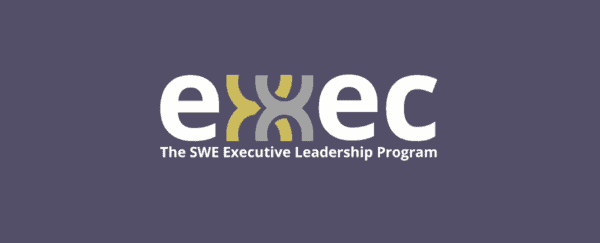We often hear that you don’t end up using a lot of the specific knowledge learned during college, but rather the tactical skills you acquire, which become useful later in your professional career.
Staying sharp
For me, as an aspiring industrial engineer, graduation from college was just the beginning of my education. The problem solving and research skills I developed in college were essential for me to become a successful engineer. But, lifelong learning has played a very relevant and ongoing role throughout my career.
Learning new skills is what keeps engineers — and other professionals — relevant and innovative in the ever-competitive workplace. Few professionals can ignore the exponential growth and rapid rate of change of technology and be successful. Engineers, by the nature of their job, need to be constantly exploring new options, from new software programs to new materials, in order to continue to be successful in their careers.
Knowing your resources
One of the ways I’ve been able to achieve continued education is right through my employer. Many of the organizations I’ve worked for offer training classes that have taught me everything from effective presentation skills to project management to earning Six Sigma Green Belt Certification. For engineers, a greater cultural emphasis on lifelong learning at an organization can a make a big difference in efforts around recruitment and retention. I know my peers are very appreciative of those employers who make this kind of investment in their employees.
“One of the ways I’ve been able to achieve continued education is right through my employer.”
Another way to continue personal education and development is through trade shows. Most recently I attended one on machine vision to enhance my knowledge for a project I am managing. The topic was something I had little experience with, and I was able to learn from vendors about the most recent technology.
Focusing on women
I’ve also attended numerous conferences and meetings geared on the career advancement of women in the field — from both the technical and professional development side. Some offer local opportunities for education and development; others on a larger, national stage. Large events like these are the perfect opportunity to learn new skills, grow professionally and create a personal network. They’re also great for college students just embarking on their careers.
As a leader of such a resource, I have learned about running remote meetings via web and conducting strategic planning sessions — skills that have translated back to my work as an engineer as well, at other nonprofits I am involved in. Last year, the American Association of Engineering Societies (AAES) introduced its Engineering Competency Model, defining the skills required to advance in the competitive profession. The model was developed in collaboration with the U.S. Department of Labor’s Employment and Training Administration and AAES subject matter experts, and really demonstrates the role of associations as a positive force in our everyday lives. As associations in various industries continue to commit to the advancement of our workforce, they will remain a valuable resource in lifelong leaning plans.
By Jessica Rannow
FY17 President, Society of Women Engineers
This article was first published in a USA Today insert by Media Planet.






